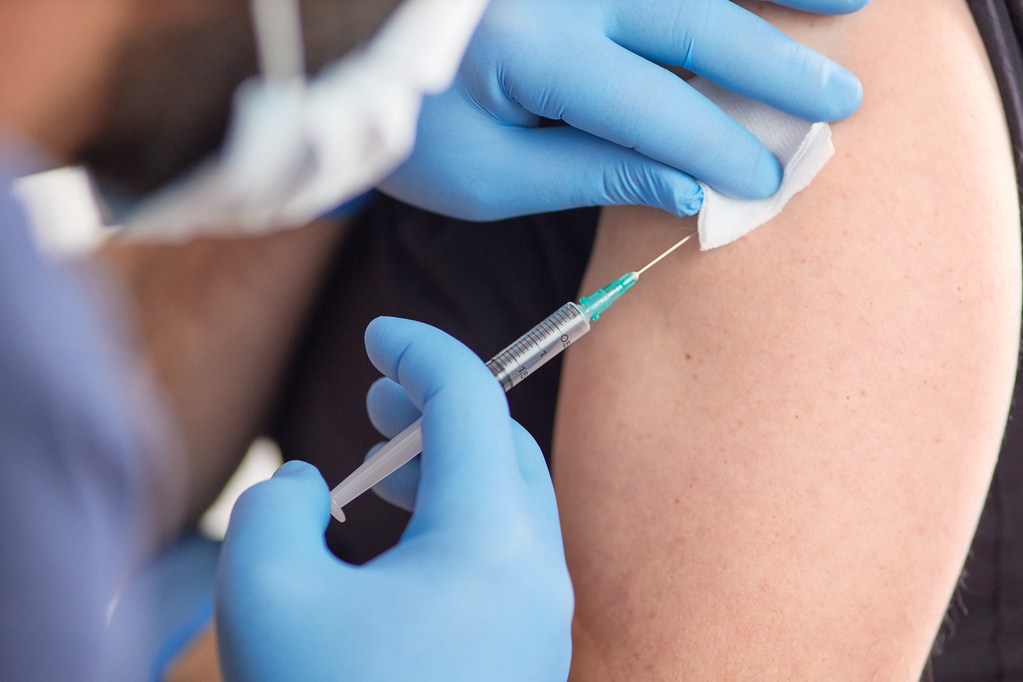While on average more that 70 % of the adult population has been fully vaccinated by now, almost half of the member states are lagging behind in their rollout of their vaccination campaigns, in particular Bulgaria and Romania.
The situation is also worrying in some of the candidate countries in EU’s immediate neighbourhood where vaccination campaigns were planned to start simultaneously as in the member states thanks to grants from the Commission to fund COVID-19 vaccines procured by the EU while waiting for access to vaccines under the WHO-led COVAX initiative.
Asked by The Brussels Times at Friday’s press briefing if the EU should support those member states struggling with logistic problems and high vaccine hesitance to reach the goal, spokespersons for the European Commission underlined that the Commission’s has policy not changed.
“Our responsibility is to deliver the vaccine doses, something which has been done successfully, but the members are in charge of the rollouts and are leading the vaccination campaigns.”
The Commission added that it stands at their side and are giving logistical support in the form of joint procurement of vaccines and political support in the form of visits by Stella Kyriakides, Commissioner for Health and Food Safety.
Commissioner Kyriakides stated on 31 August, when the Commission announced that 70% of the adult population in the EU has been fully vaccinated, that “Our efforts to further increase vaccinations across the EU will continue unabated. We will continue to support in particular those Member States that are continuing to face challenges.”
That support, however, seems to be limited to information and communication on the advantages of taking safe and effective vaccines approved by the European Medical Agency (EMA).
The Commission took quickly credit of achieving the vaccination goal at the end of August even before the official figures from the European Centre for Disease Prevention and Control (ECDC) had been updated and published and without any disclaimer as regards the reliability of the figures.
The figures from ECDC, presented in its so-called Vaccine Tracker, are based on data reported by the member states twice a week to the European Surveillance System (TESSy) and are updated and corrected afterwards. ECDC advices users to use all data with caution. The Commission chose to use data presented in different websites, according to its spokesperson.
However, the discrepancy between the ECDC figures and those used by the Commission was small. As of 10 September, the cumulative uptake of full vaccination among adults (18+) in the EU member states was on average 70,7 %, with 546 million doses administered out of 658 million doses delivered to them.
Countries with vaccination rates above 85 % are Belgium (85,7), Denmark (89,4), Finland (85,1), France (93,3), Germany (78,8), Irland (92,0), Malta (90,9), Netherlands (85,5), Portugal (96,5), Spain (89,2) and Sweden (83,1).
Below the 70% threshold are Bulgaria (22,9), Croatia, (51,5), Czechia (66,2), Estonia (65,0), Greece (68,1), Hungary (68,2), Latvia (50,8), Poland (60,1), Romania (33,4), Slovakia (51,6) and Slovenia (56,5).
M. Apelblat
The Brussels Times

